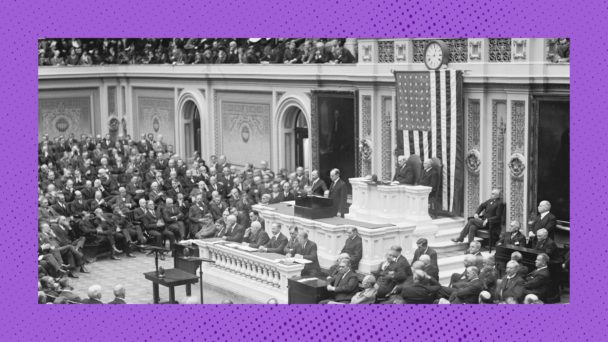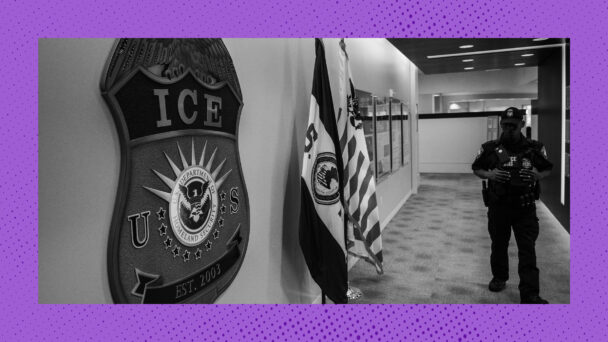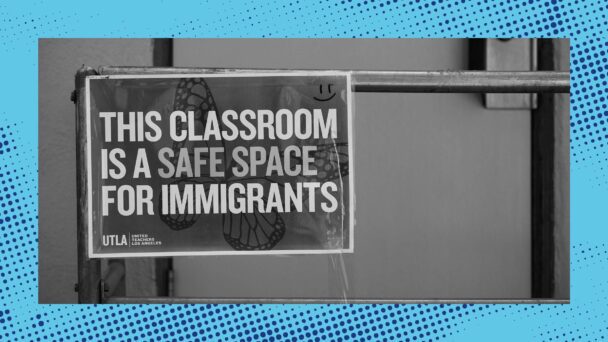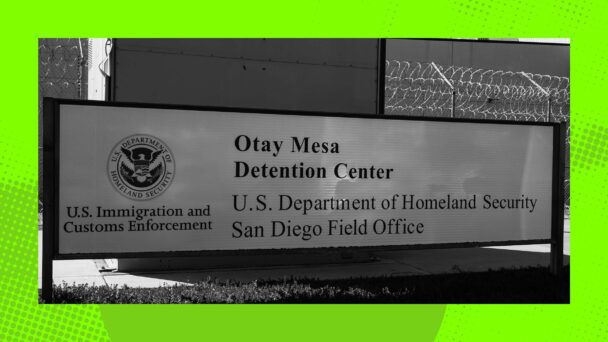On Monday, the Supreme Court’s Republican majority issued an order that allows federal immigration agents in Los Angeles to resume arresting Latino people en masse simply because they are Latino. The conservative justices did not sign the order in Noem v. Vazquez Perdomo; the public only knows who is responsible because Justice Sonia Sotomayor wrote a dissent, joined by the two other liberal justices. (Justice Brett Kavanaugh wrote a concurrence, but no other justice joined it—perhaps they reasoned that it was better to remain silent and be thought a racist fool than to speak, as Kavanaugh did, and remove all doubt.)
Because there is no majority opinion, there is no way of knowing which, if any, of the legal arguments advanced by the Trump administration on appeal the Court actually found convincing. What we do know, from Sotomayor’s dissent and from the lower court opinions that the conservative justices tossed aside, is that people are going to get hurt.
One plaintiff, for example, an American citizen and Latino man named Jason Gavidia, was accosted by masked men with guns as he was working on his car in a tow yard. The agents demanded to know if he was a citizen, and Gavidia told them at least three times that he was. Then the agents asked him what hospital he was born in. When he didn’t immediately remember, Sotomayor recounts in her dissent, “the agents racked a rifle, took Gavidia’s phone, pushed him up against the metal gated fence, put his hands behind his back, and twisted his arm.” The agents only released Gavidia after he handed over his ID card.
“The Government…has all but declared that all Latinos, U.S. citizens or not, who work low wage jobs are fair game to be seized at any time, taken away from work, and held until they provide proof of their legal status to the agents’ satisfaction,” Sotomayor wrote. For Gavidia, that ID card can’t even protect him any longer—the agents never gave it back to him.
Gavidia’s arrest is only one of thousands made by federal agents in the Los Angeles area on President Donald Trump’s orders. Other run-ins with immigration agents have involved “even more force and even fewer questions,” Sotomayor said. “We should not have to live in a country where the Government can seize anyone who looks Latino, speaks Spanish, and appears to work a low wage job.”
But that is the fate to which the Court is condemning a fearful populace. The Trump administration is waging a sickening assault on Latino residents and foundational constitutional commitments, and as the judicial arm of the Trump administration, the Court is equally culpable.
Trump’s siege of Los Angeles started on June 6, and people impacted by the mass deportation campaign sued in federal court soon thereafter. Judge Maame Ewusi-Mensah Frimpong found a “mountain of evidence” showing that roving patrols of immigration agents were indiscriminately arresting and detaining people without reasonable suspicion and then denying them access to lawyers, in violation of both the Fourth and Fifth Amendments. On July 11, the trial court issued an order indicating that the administration “may not rely solely on” four factors—apparent race or ethnicity, speaking Spanish or speaking English with an accent, presence at a particular location (like a bus stop or a day laborer pickup site), or the type of work—to “form reasonable suspicion for a detentive stop, except as permitted by law.”
The administration asked the Ninth Circuit Court of Appeals to lift the trial court order. Curiously, the administration did not actually argue that the lower court’s findings were wrong. Instead, they argued that plaintiffs had no right to secure future relief because they were unlikely to be hurt in the future, and that the court’s order was impermissibly vague. The Ninth Circuit modified the order slightly, clarifying that the administration could not make arrests based “solely” on these factors. Basically, no one is saying the government can’t arrest a Latino person at Home Depot whom it has reason to believe is committing a crime. The court is just saying the basis for the government’s belief cannot be simply that a Latino person is at Home Depot.
Then, the administration asked the Court to block the order—a “once-extraordinary step,” said Sotomayor, that the conservative justices have made entirely commonplace, whenever the Trump administration declares that its desire to do harm right now constitutes an “emergency.” Sotomayor called the Court’s bucking of the normal process that exists “to consider these troubling allegations” as “yet another grave misuse of our emergency docket.”
Without a majority opinion, one can only assume that the Court’s conservatives agree that immigration agents should be able to rely on the four prohibited factors, and that racial profiling is reasonable—despite the facts, as Sotomayor points out, that nearly half of the region’s population identifies as Hispanic or Latino, and a third speak Spanish at home. Being Latino and speaking Spanish is not probative of anything but being Latino and speaking Spanish. The only way the Court could conclude otherwise is if it thinks being Latino is incompatible with innocence.
The Supreme Court’s order in Noem v. Vazquez Perdomo is best viewed not as law but as plain old white supremacy. White people are not the ones being hounded for their freedom papers. They’re considered citizens by default, and, also by default, nonwhite people are considered others who do not belong in the country, and to whom the country could not possibly belong.
The Court’s conservatives have given their blessing to wanton racial profiling, without so much as a word of reasoning. And as a result, no one—not the lower court judges applying the law, or the people oppressed by the law—has any idea if people of color have any constitutional rights which the Trump administration is bound to respect.






